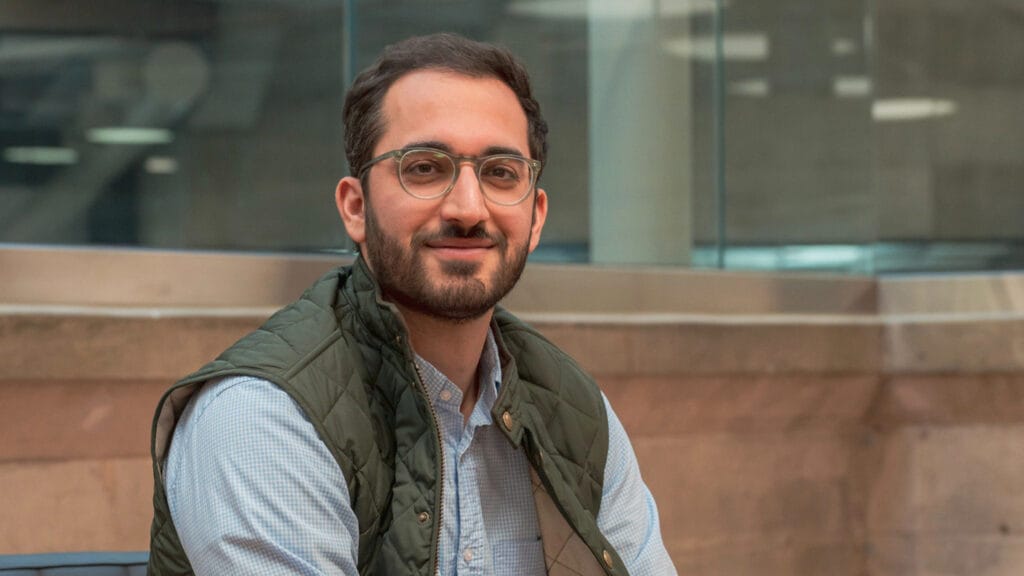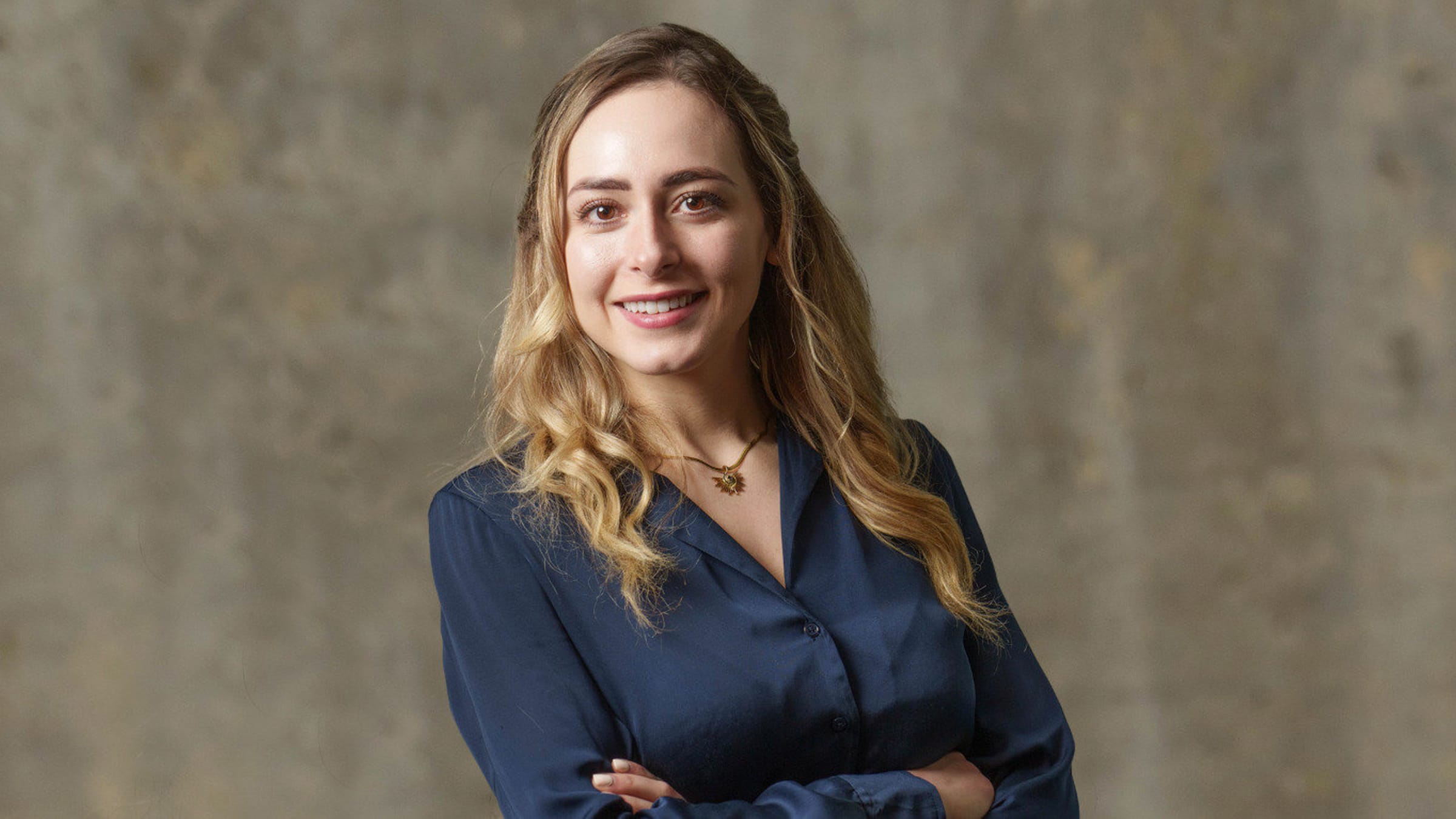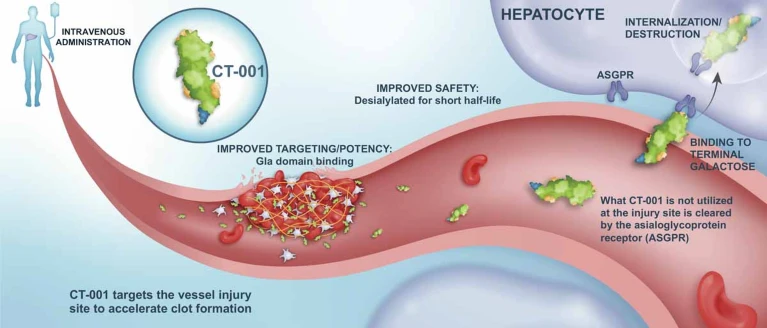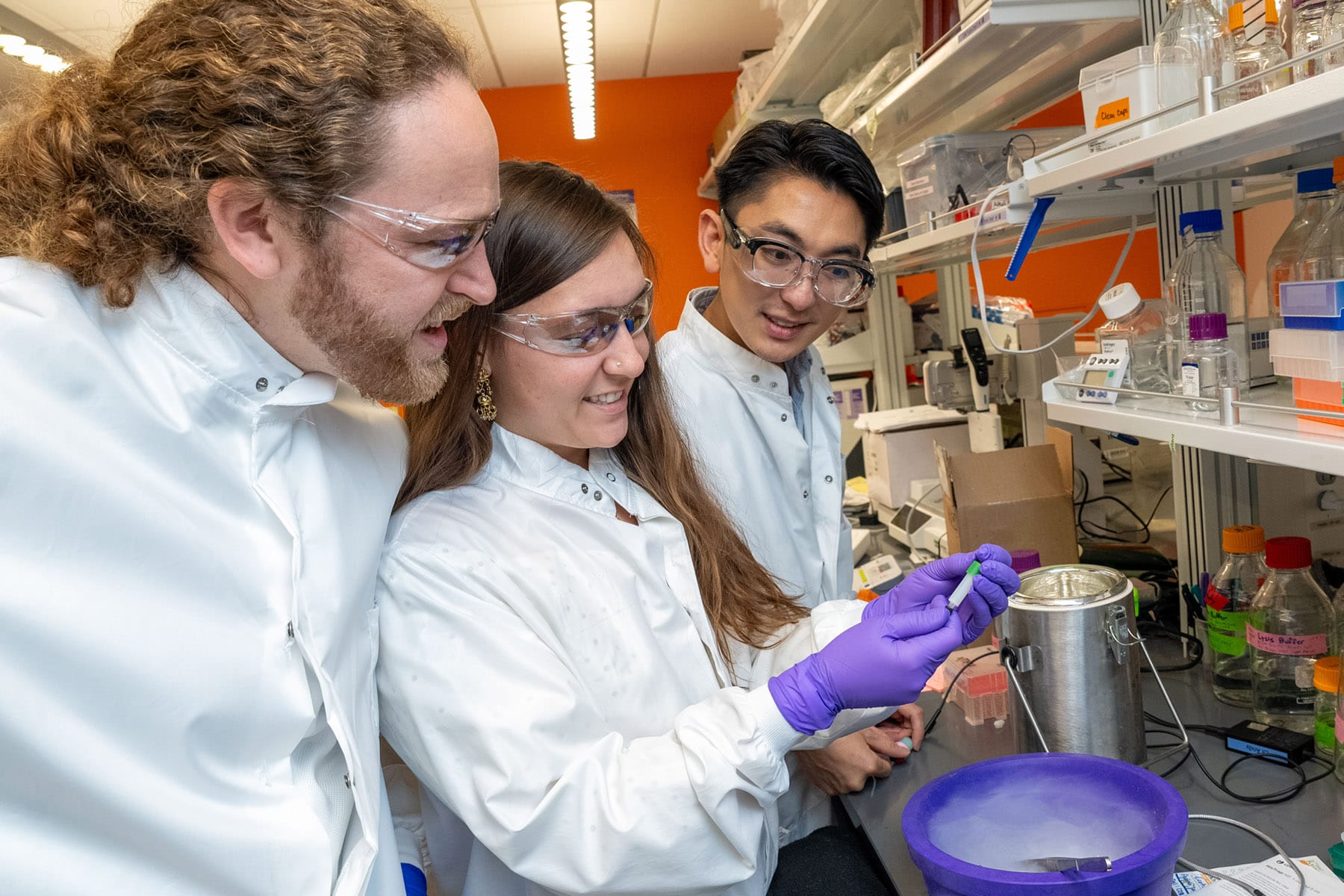‘If You Could Hallucinate a Protein’: Profluent Snags $35M for Generative AI Models
By Kyle LaHucik at Endpoints News.

A small startup in Berkeley, CA, wants to help create the next wave of custom enzymes for gene editing systems with the help of generative AI.
To get there, Profluent reeled in another $35 million in funding, added the former head of product at OpenAI to its board and brought in a chief business officer with BD experience at Editas, Tome and Vor.
Spark Capital led the new financing, disclosed Thursday morning. Existing investors Insight Partners and Air Street Capital returned, and angel investors like Google DeepMind chief scientist Jeff Dean also took part in the round, which builds onto the $9 million the company emerged with in January 2023.
The AI protein designer will initially direct its machine-learning efforts toward CRISPR. It doesn’t have an internal pipeline but rather seeks to pair up with CRISPR leaders and other biotechs to help them make new treatments.
“We could be working with a partner who says, ‘My goal is to fix this disease with this specific mutation or set of mutations in this genomic context. To do that, I need an editing system that’s this size, deliverable by this delivery modality, active only in this cell type, specific for this stretch of DNA, nicks a strand versus blunt cutting,’” said Hilary Eaton, business chief at Profluent, in an interview with Endpoints News.
“Any combination of traits you can hallucinate, essentially, and then we design exactly that one,” she added.
In January 2023, Profluent’s large language model was detailed in a Nature Biotechnology paper, showing that it could create new proteins that functioned like ones found in nature. The upstart was founded by CEO Ali Madani, a former leader of machine learning work at Salesforce Research, and University of Washington School of Medicine assistant professor Alexander Meeske.
Biotechs like Tome Biosciences, where Eaton was previously head of business development, have raised hundreds of millions of dollars to create new CRISPR gene editing tools. Profluent wants to be one of the startups that build upon what has been done with earlier approaches and moves toward a world of customized gene editors.
“We should be moving away from just copying and pasting something and cobbling together parts that we find in bacterial systems and stick them into humans, for example, and do small modifications,” Madani said in an interview. “We really need to design bespoke gene editing systems from scratch.”
Once costs come down for the CRISPR field — and groups like Nobel laureate Jennifer Doudna’s Innovative Genomics Institute are trying to bring them down — personalized medicine is the next frontier, Eaton said.
To go through vast troves of data and design those enzymes, drug developers will need the help of machine learning, Profluent contends.
“Imagine a world, then, where somebody is born with a de novo mutation, and you can make a customized editor for them in the right timescale to actually impact their outcome,” Eaton said. “I don’t see a world where that’s possible without AI because it’s just too labor intensive and too limited. Only AI can access that whole combinatorial space to get you where you want quickly.”
The company is working on expanding its “closed loop” of wet and dry labs so it can design and test proteins, Madani said.
Multiple startups and institutions are trying to break into the next wave of machine learning- and AI-driven drug discovery and development.
The Institute for Protein Design in Seattle, for example, has shared details on its RFdiffusion work, including more research posted earlier this week, but the work is still “just too weak for prime time,” according to its leader. One of the most well-funded private biotechs, Generate:Biomedicines, is making therapeutic proteins, as are Absci, BigHat Biosciences and Nabla Bio, among others.
The OpenAI connection
As the field advances rapidly, Profluent has brought on Eaton and head of gene editing Peter Cameron, formerly of Spotlight Therapeutics and Caribou Biosciences. It also added Fraser Kelton, who left OpenAI last year after serving as head of product, to its board. He is now a general partner at Spark Capital. Joining him on the board is fellow Spark general partner Nabeel Hyatt.
Prior to OpenAI, Kelton had founded an AI-driven content moderation company that was acquired by Airbnb. He’d go on to lead the product team at OpenAI as it went through a massive growth spurt and became dinner table fodder with the advent of ChatGPT.
Now is the time for biology and the life sciences sector to accelerate its machine learning and AI capabilities. Kelton recalled reading a Cell paper about using AI to discover an antibiotic in 2020. He was “shocked” at how “simple the AI was that allowed them to do what they did.” The “only reason” he read the research, he said in an interview, was because he grew up across the street from the lead author.





